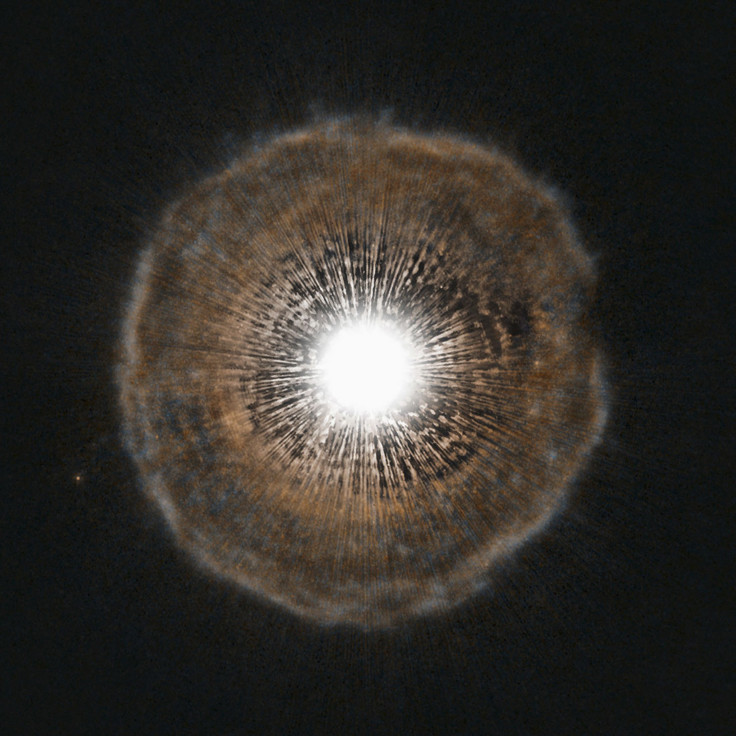'Big Bang' Was Actually 'Big Freeze,' Say Scientists

Think back to what you were taught in high school science about the origins of the world: first, nothingness - and then, an explosion that created the fundamentals for all of the matter that you see around you today. The theory, known as the Big Bang, has been taught in science classes for years; in fact, it is so pervasive that, even if you remember nothing else from science class, you remember the Big Bang. Now, researchers from the University of Melbourne have put forward a theory that turns all of that on its head. They postulate that the universe began, not with a bang, but with a chill.
Lead researcher John Quach and his team believe that their research may bring together two seemingly contradictory branches of physics, quantum mechanics, which examines very small systems; and classical mechanics, which examines very large systems. As Quach put it in a statement, "Albert Einstein assumed that space and time were continuous and flowed smoothly, but we now believe that this assumption may not be valid at very small scales."
Quach continues: "A new theory, known as Quantum Graphity, suggests that space may be made up of indivisible building blocks, like tiny atoms. These indivisible blocks can be thought about as similar to pixels that make up an image on a screen. The challenge has been that these building blocks of space are very small, and so impossible to see directly."
He and his team believe that the early universe was like a liquid, which crystallized into three spatial dimensions (3-D) and one temporal dimension (time). As the universe cools, Quarch says, there should be cracks, as ice cracks when it is formed from water.
The team says that these cracks may be visible when light bounces off of them.
They have calculated some of the effects of their predictions. If their theory holds true after experiments, it would reconcile two of the largest branches of physics.
But at least one physicist is skeptical. Matthew Francis from Ars Technica said to the International Business Times, "That general framework is not going to be simply overthrown by any new ideas: It's too well-tested for that, and anything new will have to incorporate elements of the Big Bang in order to make sense of those results."
The "Big Freeze" study was published in Physical Review D.



























